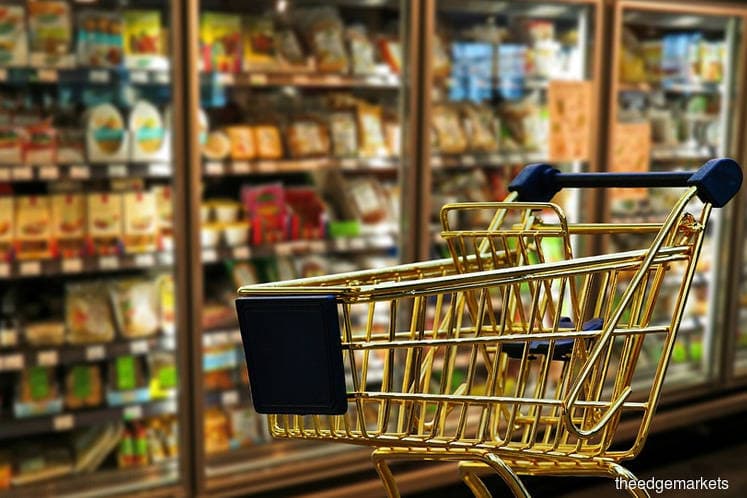
KUALA LUMPUR (May 31): The consumption in the third quarter of 2018 (3Q18) is expected to received a slight boost from the recent government measures such as the three-month so-called tax holiday from June to September, retail fuel price stabilisation mechanism, as well as putting a cap on further increase in public debt, according to Hong Leong Investment Bank Bhd (HLIB).
In addition, HLIB said while the goods and services tax (GST) will be ‘zerorised’ starting from June 1, the sales and services tax (SST) will only come into effect three months later in September, presumably after it goes through the parliament process.
“This [the measures] is expected to boost consumption slightly in 3Q18, as we expect consumers to take advantage of the temporary absence of consumption tax, especially on big-ticket items,” HLIB economist Felicia Ling said in a note to clients today.
Yesterday, after chairing the second weekly Cabinet meeting, Prime Minister Tun Dr Mahathir Mohamad announced several measures to boost the economy, which included the scrapping of the 40km third mass rapid transit project (MRT3), a 50% discount on toll prices prior to Hari Raya Aidilfitri celebrations, and the reintroduction of the SST starting from September.
Furthermore, Mahathir also said the government will stabilise retail petrol price by keeping the price for RON95 and diesel fuels, while floating the price for the premium RON97 fuel to be at par with the global market.
The government has also put a cap on public debt, which currently stands at RM1.087 trillion, by scrapping two rail-related projects: the RM40 billion MRT3 and the RM110 billion 350km-long Kuala Lumpur-Singapore high speed rail project.
Describing the measures by the government as “supporting the gross domestic product (GDP) within the fiscal constraints”, HLIB said it is keeping this year’s economic growth forecast of 5.3%, as the upside to private consumption is expected to be offset by investment uncertainty.
“On the overall GDP prospects in 2018, while there may be upside to private consumption, we also see downside risk to investment activity as projects may be delayed,” HLIB added.
On fiscal deficit, HLIB said the government is expected to continue reducing excessive expenditures and increase its revenue to meet the fiscal deficit of 2.8% in 2018.
“We opine that the government will continue to look at other revenue measures (e.g. higher dividend payment from Khazanah, Bank Negara Malaysia, and increase base of SST) or lower expenditure plans to reach the fiscal deficit target of -2.8% of GDP,” HLIB added.
To mitigate the potential RM22 billion loss from the collection of soon-to-be-abolished GST, HLIB said the government may gain savings from the soon-to-be-reintroduced SST, higher oil-related revenue and savings from dissolution of several government agencies such as Land Public Transport Commission (SPAD), National Council of Professors (MPN), Special Affairs Department (JASA).
As a result of reintroducing the SST, HLIB said the government may rake in an additional revenue of between RM7.5 billion and RM10 billion.
As for the expected higher oil-related revenue, HLIB said it could come in at RM5.4 billion due to the higher global oil price, which is currently hovering above US$70 per barrel, as compared to the Budget 2018 forecast of US$52 per barrel.
In addition, HLIB said national oil company Petroliam Nasional Bhd or Petronas may pay dividends of RM9 billion to the government this year.
Consumption, which is value of goods and services bought, is part of the GDP component. Economists consider consumption to be the central indicator in measuring a country’s economic performance.